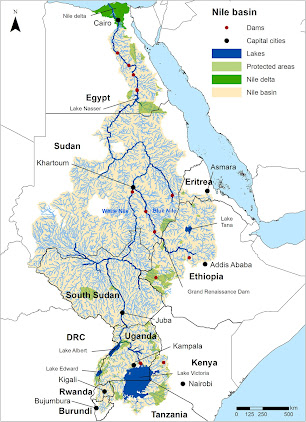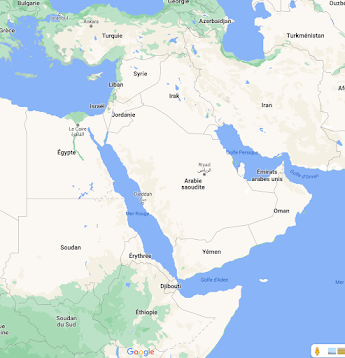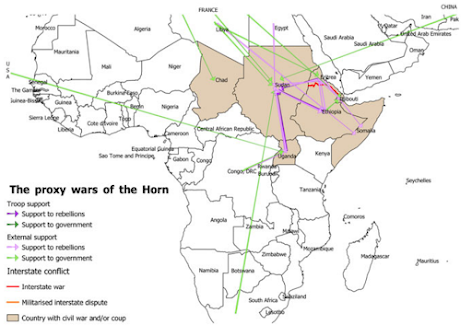1 - Introduction to my blog
Hi everyone, welcome to my blog! I hope you will find it engaging. Before I go into the details of it, I must be truthful with you. I have never been to any country in Africa, and I do not know much about this continent.
However, that does not make me incompetent in the study of Water and Development in Africa. In fact, this ignorance is what drove me to pick this module. Perhaps it is the tale mentioned by Wainaina (Wainaina 2006) of a romantic continent, with its majestic sunsets and inaccessible wilderness, that made me curious. It could also be the omnipresent performative allyship (Phillips 2020) on social media. Or maybe it is because Africa (as if it was one country) is portrayed as needing help (Wainaina 2006). For all those wrong reasons, a part of me profoundly wishes to increase my understanding and knowledge about the multiple and complex issues surrounding water in Africa. Throughout this blog, I will also attempt to break some of the preconceived ideas that I used to (and probably still do) have.
The topic of my blog will be Water and Politics. I find profoundly terrible the fact that most of the issues around water in Africa stem from inequalities of distribution and not from a volumetric problem (Gaye and Tindimugaya 2018). I will therefore focus my entries on the politics of water distribution in Africa.
Moreover, in an attempt not to treat Africa as a singular country (Wainaina 2006), I will 'narrow' my scope to the Nile. This region includes the 11 countries having access to the river: Egypt, Sudan, South Sudan, Eritrea, Ethiopia, Uganda, Kenya, Tanzania, Rwanda, Burundi, and Democratic Republic of Congo.
 |
| Map of the Nile (Allan et al. 2019) |
I find this region of Africa absolutely fascinating, mainly for its complexity. The ‘Framework of Hydro-Hegemony’ (Zeitoun and Warner 2006) surrounding the Nile, that is the transnational power relationships shaped by and shaping access to water, and the ‘proxy politics’ (Brewer 2011, Cascão, Tawfik and Zeitoun 2019), that is the involvement of external entities in this framework, are matters sparking my deep interest. The region in which this blog will focus is highly conflictual in those frameworks.
In conclusion, my blog will be about the complexities of hydropolitics, local, regional and transnational relationships, a river being both a source of conflict and of opportunity.
Thank you for reading!



Comments
Post a Comment